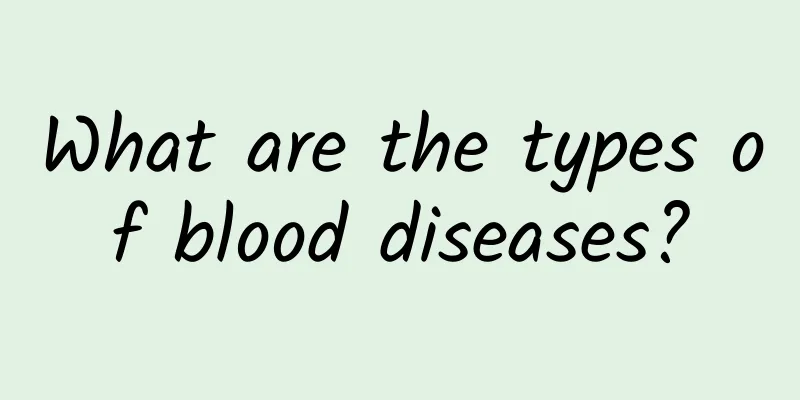Why do I grind my teeth while sleeping at night?

|
Behaviors such as snoring and grinding teeth while sleeping will greatly reduce the impression you make on others, and sometimes even cause you to lose a lot of opportunities in vain. There's nothing you can do about it! Grinding your teeth while sleeping can have a great impact on the people you sleep with. It is also a signal from your body that something is wrong somewhere in your body, so check it out quickly. Below, I will introduce to you the reasons for teeth grinding. Causes of Teeth Grinding Nervous tension, psychological anxiety, depression, anger and other psychological factors; gastrointestinal diseases and endocrine disorders can also lead to this; excessive fatigue, people engaged in fine work such as athletes, watchmakers, etc.; lack of trace elements in the body are prone to this disease. In addition to the above-mentioned people, people who are introverted, emotional, and have the habit of chewing things in their mouths are also prone to bruxism. Treatment Psychological treatment: There are indeed psychological factors that cause excessive tension in the jaw muscles. Eliminate tension, relieve unnecessary worries, and arrange work reasonably. If necessary, take diazepam tablets orally, 1-2 times a day, one tablet each time. There is dependency. Treatment to reduce brain excitement: resting and relaxing before going to bed, doing proper gymnastics, avoiding stimulating foods and smoking, and improving the sleeping environment are all helpful in reducing the brain's excitement. Mobilize the patient's self-awareness and self-control psychological effect to reduce the occurrence of bruxism. The effect is very small. Muscle relaxation therapy: Excessive tension in the jaw muscles is one of the causes of bruxism. Relieving excessive muscle tension during treatment is a necessary means to control bruxism. Commonly used methods include: the use of muscle relaxants; physical therapy, training of the physiological functions of the masticatory muscles; massage; audio-visual cues and other methods. The effect is very small. Treatment with awakening stimulation during sleep: Through biofeedback, the patient is awakened by electrical signals such as sound when teeth grinding occurs, thereby temporarily stopping teeth grinding. Some researchers have performed temporary afferent electrical stimulation on the lips, and the results showed that it was effective in controlling bruxism. However, this method interferes with the sleep of patients and their cohabitants and is not effective in the long term. Occlusal adjustment therapy: By grinding a small amount of tooth tissue, removing occlusal interference and premature occlusal contact, and establishing an occlusal balance, a physiological balance between the jaw, masticatory muscles, and temporomandibular joint can be achieved, thus eliminating bruxism. |
<<: Use of the pituitary gland in severe hemoptysis
>>: Why do I always have toothache?
Recommend
What are the symptoms of otitis externa?
What symptoms belong to otitis externa? When it c...
What causes herpes in children?
Herpes is a very annoying virus that is very harmf...
Foods to remove dampness and cold, choose these three most beneficial
Dampness in the body often makes people look very...
Can garlic soaked in vinegar treat onychomycosis?
Garlic has good bactericidal effects. Proper cons...
What causes baby enteritis? This factor cannot be ignored
Pediatric enteritis is a very common pediatric di...
What medicine should I take for white madness?
The daily medication structure of patients with v...
Rehabilitation after Achilles tendon surgery
Rehabilitation training after Achilles tendon sur...
Itchy nipple
Compared with men's nipples, women's nipp...
Eating apricots during pregnancy can cause miscarriage
A pregnant mother who is four months pregnant doe...
Tips for a healthy stomach
Because I didn't pay attention to my eating h...
How long does it hurt after tooth extraction?
Anesthesia is required during tooth extraction to...
What causes myocardial ischemia? Three causes are at work!
The incidence of myocardial ischemia is increasin...
What can't you eat if you have chickenpox?
Children are very likely to get some diseases whe...
What is the content of the TCM constitution test form?
Taking tests is something that everyone has exper...
What to do if you have testicular itching? How to prevent and treat testicular itching
Testicular itching is a very embarrassing thing f...









